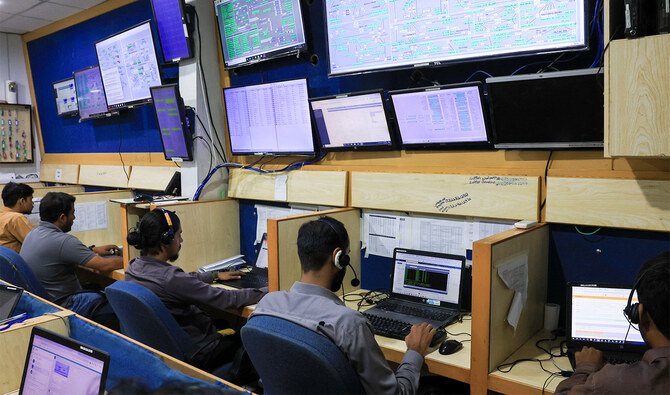Amnesty International has called on Pakistani authorities to provide greater transparency on the nationwide internet slowdown and the use of monitoring and surveillance technologies.
Internet speeds have witnessed a considerable decline over the past few weeks, and users are facing difficulties in sending or downloading media and voice notes through WhatsApp when connected to mobile data, and experiencing slow browsing speeds, even on broadband.
“Amnesty International urges the Pakistani authorities to be transparent about the cause of these internet disruptions and ensure that they do not deploy monitoring and surveillance systems that are unnecessary, disproportionate, and in violation of international human rights law,” the rights group said in a statement on Monday.
“The opacity of the Pakistani authorities regarding the use of monitoring and surveillance technologies that block content, slow down, and control internet speeds is an alarming concern,” it said.
“Time and again, the use of such technologies, including national firewalls, has proven to be incompatible with human rights.
The statement pointed out that these pervasive tools undermine online freedom of expression and access to information. It further noted that the internet is essential for the public’s right to be informed, citizen self-expression, e-commerce, and the digital economy.
Internet disruptions also create anxiety among Pakistani communities outside the country who are unable to connect and communicate with their loved ones, it added.
Blame game over internet slowdown
Last week, the Pakistan Telecommunication Authority (PTA) attributed the nationwide slow internet to a “faulty submarine cable” and clarified that no firewalls were being installed, after drawing criticism from both lawmakers and the public.
“The internet slowdown in the country is due to a faulty submarine cable, which is expected to be repaired by August 28,” PTA Chairman Retired Major General Hafeezur Rehman said during a meeting of the National Assembly’s Standing Committee on IT.
He also clarified that it was the government’s web management system — and not a firewall — which was being upgraded.
“In my opinion, the internet should not slow down due to an upgrade,” he said. “The telecom [sector] has suffered a loss of [Rs] 300 million.”
The Islamabad High Court had sought responses from the government and the PTA by August 26 (today) over senior journalist Hamid Mir’s petition against the nationwide internet slowdown.
The business community and internet service providers (ISPs) had alleged that the government’s efforts to monitor internet traffic — including a so-called ‘firewall’ — had caused the slowdown of digital services, resulting in economic losses.
While the country’s information technology minister, Shaza Fatima Khawaja, had confirmed that the government was upgrading its “web management system” to cope with cyber security threats, she categorically denied reports of the government “throttling” the internet.
Amnesty International has previously chided the government for its internet and mobile suspension during the February 8 general election, calling it “a blunt attack on the rights to freedom of expression and peaceful assembly”.

















